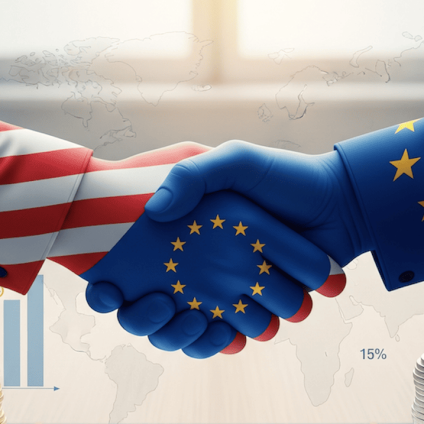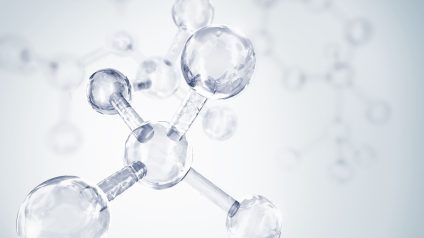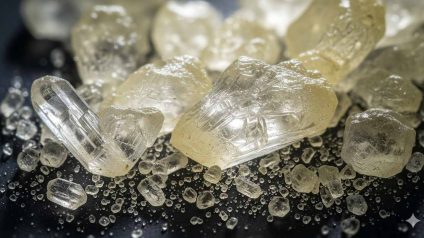Auto tariffs reduced to 15% with retroactive effect from August 1 under the US-EU trade deal. Brussels lifts duties on US goods in return for tariff cuts on cars and parts.

Auto tariffs at 15%, Commission proposes two legislative acts to secure Trump deal
Auto tariffs have been reduced to 15% with retroactive effect from August 1. Based on the trade agreement between the US and Europe, signed in Scotland in late July and formalized on August 21, the European Commission eliminated duties on imported US industrial goods in exchange for lower American tariffs on cars and components. Rates dropped from 27.5% to 15% retroactively from August 1. According to the deal, European automakers saved an estimated €500 million in August alone.
Do ut des
To achieve this outcome, the Commission proposed two legislative acts awaiting formal adoption. One eliminates duties on industrial products while granting preferential access to certain US fishery and “non-sensitive” agricultural goods. The other extends tariff exemptions on lobsters, a request strongly backed by Trump. Trade Commissioner Maros Sefkovic expressed satisfaction, noting that the 15% tariff cut on European-made cars represents “relief and a boost for our industry.”
Effects of EU policies
The long-term economic impact of these measures remains to be seen, but estimates suggest the US will save about €5 billion in tariffs, while the EU budget may lose around €3.6 billion. The elimination of duties applies to many categories of US industrial products, from machinery to chemicals and plastics, and extends to low-impact agricultural items such as seeds, fruit, and juices.
For products like tomatoes and oranges, the value-based tariff component has been removed, while specific duties tied to weight or volume remain. As for shellfish, the “lobster regulation” renews a measure first introduced in 2020, which expired on July 31.
The proposals put forward by Brussels include a suspension clause: measures can be revoked if the US fails to uphold the joint declaration, if imminent risks of non-compliance arise, if imports threaten European industries, or if circumstances change compared with the August framework.
Auto market and agriculture
Automakers welcomed the decision with cautious relief, supported by July’s positive registration data in Western Europe, which showed a 5.9% increase. On the agricultural side, however, criticism is strong. Italy’s main farmers’ association, Cia-Agricoltori Italiani, labeled the deal “a major sacrifice of the agri-food sector.”
According to the group, Italian agri-food exports to the US, valued at €7.8 billion in 2024, could suffer significant losses in key segments such as wine. They also warn of potential severe impacts across the broader agro-industrial supply chain.













